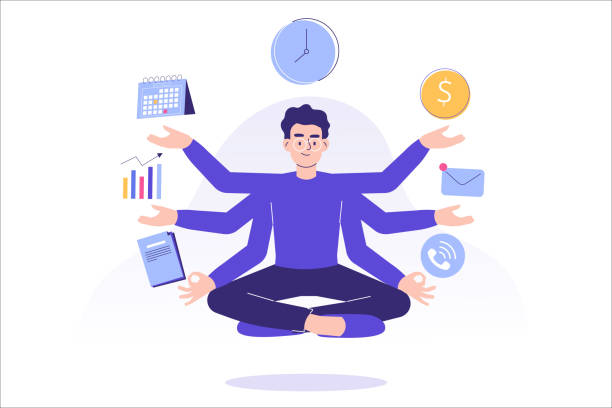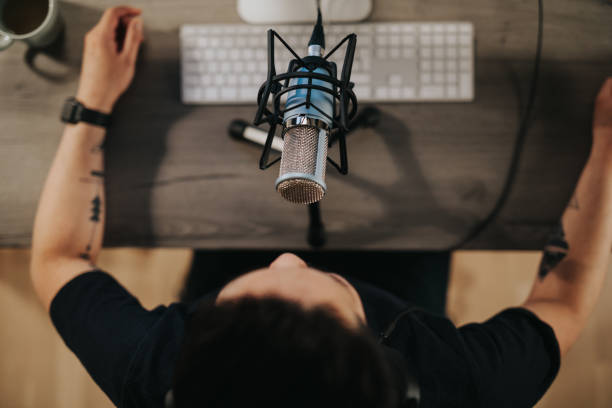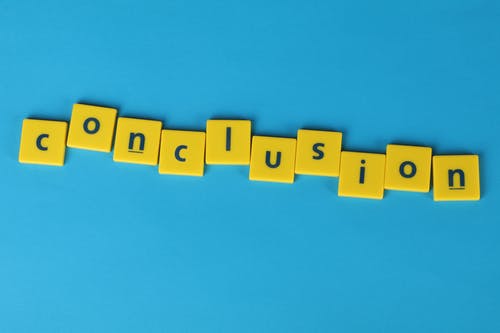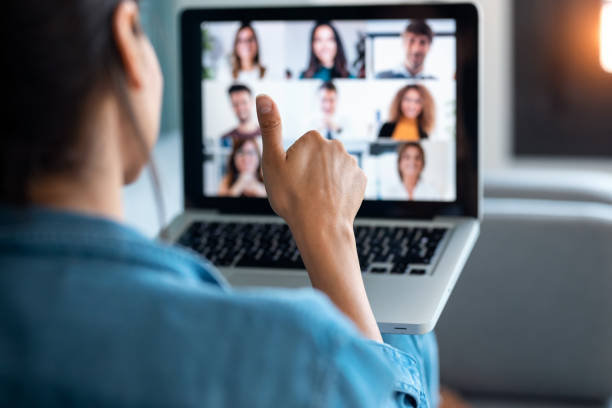Before 2020, meet ups either socially or work related were not something you had to really think about. Just plan with whoever you’re meeting up with, time and place and showing up was all you had to do, have a good time or discuss serious issues or conduct interviews and that was that. But since the pandemic hit, social meet ups, interviews in-person have been restricted and social distancing has been introduced to avoid further spread of the new wide spread virus, COVID. Disease and illnesses have plagued humanity since the earliest days, our mortal flaw. However, it was not until the marked shift to agrarian communities that the scale and spread of these diseases increased dramatically. But humans are social beings, and need to connect every now and then with their families and loved ones and colleagues, some connect for education purposes. It is because of this need to connect that they have adapted and found ways to stay connected. With the help of emerging technology this has been made absolutely easier. One such tech way is through video conferencing.
Free video conferencing tools have come in handy to keep in touch either for work related reasons, family related, or otherwise. In this blog I will detail four main benefits of video conferencing for Oral Historians looking to gather data for research.
Element of Humanity

Human Element is a systematic approach for improving the way people work together leading to greater accomplishment of goals and better individual, team, and organizational performance. The goal of the Human Element in oral history is to increase openness and honesty in discussions while conducting interviews. It also reduces unproductive defensive behavior in order to achieve better results. When conducting interviews face to face, via video conferencing using any of the available tools, for example Zoom or Skype it is possible to bring into the conversation the element of humanity. Openness and honesty which are the foundational principles of the human element which will then in turn, have greater relevance while conducting oral history interviews.
Efficient

Imagine having to wake up, go into the whole routine of getting ready just to travel to about anywhere in the country to attend a meeting or an interview? For some people it really just doesn’t vibe well with them and would prefer to just sit at the comfort of their home and have a nice hot cup of whatever and attend the meeting at their home office. It sometimes makes you wonder is it worth it? Well thanks to video conferencing you can now have a meeting or an interview from the safety and comfort of your home, with someone in another part of the country on your laptop, iPad or smartphone. It saves on time, and no need for travel expenses such as airline tickets, other travel costs, hotels, and meals. You just wake up and make an appearance right in front of your preferred device, sign up on your favorite free video conferencing tool.
Video conferencing also reduces carbon emissions. you getting up just to travel across state or wherever just to attend a meeting means burning fuel which is not so good to the environment. According to the United States Environmental Protection Agency transportation contributed to 29 percent of 2019 greenhouse gas emissions in the United States alone combine the rest of the world’s carbon emissions and I can bet my bottom dollar it is an insane number todate. Staying put at home to attend a meeting or an interview via video conference is a benefit to the environment and on your pocket.
Connects speakers and Improves Relationships

Now that social distancing has been enforced due to the pandemic people have turned to video conferencing to have somewhat of a connection while having conversations or interviews. While conducting oral history interviews, it is important to create a relationship with the respondent to create an environment that builds trust. Having a face-to-face video call helps create this friendly relationship. Seeing the person, you are conversing with creates more trust which allows for an open discussion hence better relationships will be formed. An oral historian’s goal is to connect with the speaker which in turn allows them to open up giving as much information as possible on the subject area to the interviewer.
Easy Recording and Playback

Most video conferencing apps allow for easy recording. Recording data allows for the oral historian to give his or her full attention to the interviewee. How annoying would it be not only for the oral historian but also the interviewee, if while conducting an interview the oral historian keeps excuses him or herself to jot down an important point every few seconds? A lot of data including anecdotes that were not planned will be picked up and it will be data that the oral historian can go playback and pick what is relevant for their research
Before however using these amazing and easy to use devices the oral historian should familiarize themselves with the app, they chose to use in order to get the best out of the recording. You wouldn’t want to end up with an empty recording or no recording at all just because you didn’t use the app properly.
Conclusion

Check out my blog on Best Practices for Conducting Oral History Interviews Remotely if you are thinking of recording your interviews from home.
That’s it for this post, if you’ve found it useful, please leave a comment below and keep us in mind for all your oral history transcription needs. Remember, always be kind, try to stay positive and learn to unwind.
